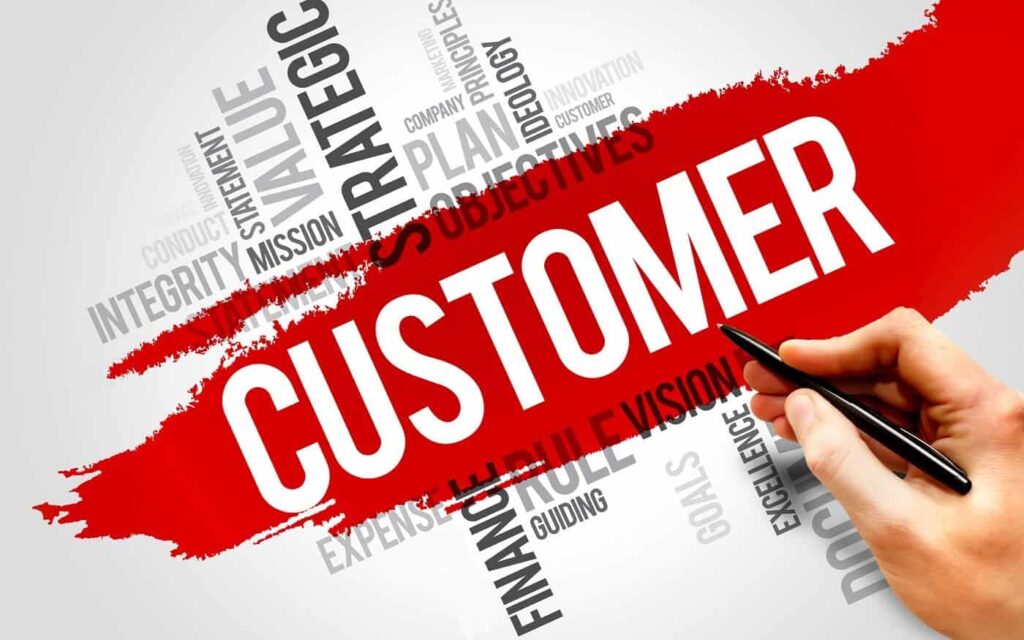Effective Communication and Building Relationships
Developing communication skills and building connections are crucial, for personal and professional success. Whether you’re in a job interview leading a team or aiming to enhance your relationships these skills play a role. In this article we’ll explore aspects of communication skills and engagement techniques that can help you excel in areas of life.
Effective Communication Skills;
1. Listening; The foundation of communication lies in attentive listening. To truly understand others practice listening by giving your focus maintaining eye contact and refraining from interruptions. Asking clarifying questions shows your commitment to grasping the speakers perspective.
2. Clarity and Brevity; When expressing your thoughts aim for clarity and brevity. Avoid using jargon or convoluted language. Instead use sentences that convey your message clearly.
3. Non Verbal Cues; Remember that your body language, expressions and tone of voice communicate much as your words do. Be mindful of these non verbal cues to ensure they align with the message you intend to convey.
4. Empathy; Cultivate empathy to establish connections, with others.
To better connect with others and foster relationships it’s important to empathise with their feelings and perspectives. By understanding where they’re coming from you can respond in a manner.
Here are some techniques, for engaging with people
1. Tailor your communication style; Different people respond differently to approaches. It’s essential to adapt your tone and approach based on the situation and the individuals involved.
2. Ask ended questions; Encourage conversations by posing questions that prompt others to share their thoughts and emotions rather than just giving a simple “yes” or “no” response.
3. Engage actively; When in group settings actively participate by sharing your insights and opinions. This active involvement fosters. Creates a sense of engagement.
4. Use storytelling; Stories have a way of capturing attention and making information more relatable. Share. Examples that illustrate your points effectively creating an engaging narrative.
5. Offer feedback and recognition; Providing feedback while acknowledging the contributions of others is crucial, for fostering engagement. People are more likely to engage when they feel valued and appreciated.
6. Empower others; Encourage individuals to voice their ideas and take ownership of tasks. By doing you not increase engagement but also foster empowerment and a sense of responsibility.
7. Harness technology wisely; In todays age leverage technology to enhance engagement in your interactions. Video conferencing, media and collaboration tools offer assistance in effectively connecting with others.
8. Actively Engage, in Digital Communication; When communicating via email or messages ensure that your messages are well organised and concise. Avoid complicated messages that can overwhelm the recipient. Use bullet points and headings to enhance clarity.
9. Maintain Eye Contact during Virtual Meetings; During meetings make an effort to maintain eye contact by looking directly into the camera. This demonstrates sincerity and attentiveness.
10. Practice Patience; Engaging with others may occasionally require patience, particularly when dealing with differing opinions or complex matters. Take the time to comprehend and address concerns constructively.
11. Continuously Strive for Improvement; Regularly reflect on your communication and Customer service course engagement skills. Seek feedback from peers, mentors or coaches. Actively work on areas that require enhancement.
In conclusion effective communication skills and engagement techniques are invaluable in both professional settings. By refining these skills you can cultivate relationships, foster collaboration. Achieve success in various aspects of your life. Remember that improvement takes time and practice; therefore be patient, with yourself as you endeavour to become a communicator and engager.

David Alssema is a Body Language Expert and Motivational Speaker. As a performer in the personal development industry in Australia he has introduced and created new ways to inspire, motivate and develop individuals.
David Alssema started his training career with companies such as Telstra and Optus Communications, and then developed Neuro-Linguistic Programming (NLP) within workplace training as principal of Paramount Training & Development.
As an author/media consultant on body language and professional development David has influenced workplaces across Australia. He contributes to Media such as The West Australian, ABC Radio, Australian Magazines and other Australia Media Sources.






